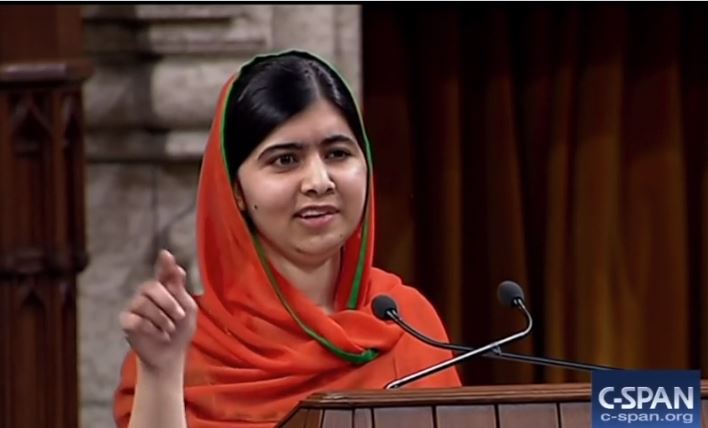.png?width=697&height=697&name=PowerSpeaking%E2%80%99s%20Sarah%20Palmer%2c%20Director%20of%20Business%20Development%2c%20EMEA%2c%20lights%20up%20an%20audience%20at%20the%20Women%20in%20Tech%20World%20Series%20conference%20in%20London.%20(1).png)
Decades ago, I worked with an incredibly articulate executive who was always cool and composed when he presented. He had a tendency, however, to click his heels periodically while talking.
.png)
.png?width=697&height=697&name=PowerSpeaking%E2%80%99s%20Sarah%20Palmer%2c%20Director%20of%20Business%20Development%2c%20EMEA%2c%20lights%20up%20an%20audience%20at%20the%20Women%20in%20Tech%20World%20Series%20conference%20in%20London.%20(1).png)
Decades ago, I worked with an incredibly articulate executive who was always cool and composed when he presented. He had a tendency, however, to click his heels periodically while talking.


In her book, “Sum It Up: A Thousand and Ninety-Eight Victories, a Couple of Irrelevant Losses, and a Life in Perspective,” legendary women’s basketball coach Pat Summitt said,
“A great coach can lead you to places
you never thought you could reach.”
.jpg)
.jpg?width=818&height=545&name=iStock-1368311402%20(1).jpg)
Clear, strategic, authentic communication in the workplace is more important than ever, and it’s at the heart of what will help you succeed when interviewing for your next job.


According to a 2023 Axios research report, the cost of ineffective communication (from leaders and across the organization) adds up to more than $15,000 per employee, per year—or $2 trillion annually across the U.S. alone.
The report goes on to highlight the cost of poor communication in human terms:


“Every executive we have interviewed has told us, ‘Get to the point quicker. It’s not a murder mystery.’” - PowerSpeaking Master Facilitator and Coach John Warren
Making a technical presentation to your peers is one thing. Pitching an idea or request to senior executives, a product review to clients, or a speech to non-technical decision makers requires a different skill set.

It’s a new day, a new year, and I’m wondering, where do you want your career journey to take you? I ask not so much with your “technical” skills in mind, but rather, your human skills.

Who would have ever thought we’d long to sit at a conference table and meet with colleagues in person five times a day again? Zoom fatigue is real, but fortunately, we’ve got some comic relief and tips to re-engergize.

As women continue to be more prominent on the world stage, we find powerful lessons in their inspirational speeches. PowerSpeaking, Inc. CEO Carrie Beckstrom introduces three women who demonstrate how to move an audience and have an impact.

The sound of your voice and the feeling you convey with it have a huge impact on your audience. Listen to PowerSpeaking, Inc. Marketing Strategist and voice coach Donnie Hill talk about how you can overcome two common voice mistakes: delivering in a monotone and using “up talk.”
How you handle a question-and-answer session during or after a presentation can boost your credibility and reinforce your message—or not. We have techniques to help.
Listen to Master Facilitator Sarah Palmer talk about two common mistakes presenters make when trying to address questions:
Copyright 2026 © PowerSpeaking, Inc. All rights reserved.